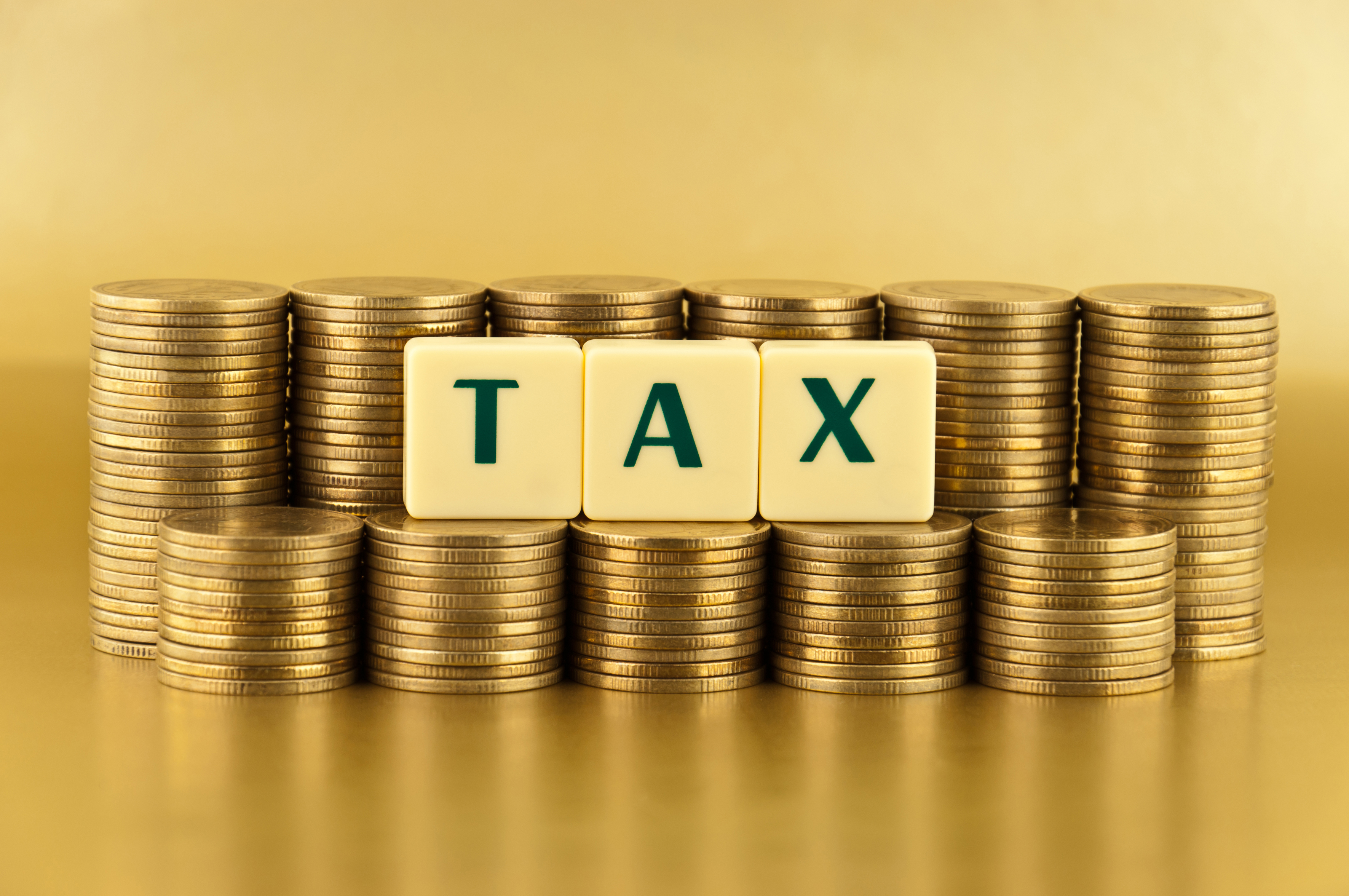Household Bills
Why you should start filing your tax return now: top tips

Hundreds of thousands of people miss the tax return deadline each January, but just like Christmas, it falls on the same day every year so it makes financial sense to start early and avoid the penalties.
The deadline for sending your 2015/16 tax returns to HM Revenue and Customs (HMRC), and paying any tax owed, is 31 January 2017.
While a record 2,000 people submitted their return on Christmas Day last year and 25,000 completed theirs on New Year’s Eve, a staggering 800,000 people missed the tax return deadline of 31 January 2016.
Before getting gripped by the Christmas festivities and the resolutions of the New Year, it’s worth starting now to avoid the penalties for filing late.
It’s not just the self-employed who need to file
Self-assessment is not just for self-employed people. If you fall under one of the following categories, you’ll need to complete a tax return too:
- You are self-employed or a company director
- You received a P800 from HMRC saying you didn’t pay enough tax last year and you didn’t pay what you owe through your tax code or with a voluntary payment.
- Your annual income is £100,000 or more
- You got more than £2,500 in untaxed income, such as letting out a property
- You made profit from shares or a second home so you need to pay capital gains tax.
- You or your partner receive Child Benefit and your income is over £50,000
- You receive annual income from a trust or settlement, or any income from the estate of a deceased person, and further tax is due on that income
- You lived abroad and had a UK income
- You are a trustee.
The penalties for a late tax return
An automatic £100 penalty is initially charged if a return is late, even if you owe no tax. If it’s not filed within three months after the return due date, a £10 daily penalty starts to apply, up to a maximum of 90 days.
If your return’s not filed within six months you’ll have to pay a further £300 or 5% of the tax liability (total tax liability shown on return, not just outstanding tax if you’ve already paid all or some of your tax liability), whichever is higher.
If the return is still outstanding after a further six months, so at the 12 month point, then a further penalty can be charged.
This means potentially, anyone not filing their self-assessment tax return by 1 August could be hit with penalties totalling at least £1,300, sometimes significantly more if your tax liability exceeds £6,000.
Top tips to get your paperwork in order
Tina Riches, national tax partner at Smith & Williamson, an accountancy, investment management and tax group, said it’s never too early to start your tax return.
If you’ve not registered for self-assessment, you should do that first, and sooner rather than later.
As the return is done online, you can start and stop, so there’s no need to complete it in one go.
Once it has been filed a copy of the return can be downloaded or you can access the return online.
If you spot an error in the return after submission, it is possible to complete and submit an amended return or you can do this by letter to HMRC.
Here are Riches’ top tips to get started:
- For the employed: you need a year-end form (P60) and leaver form P45 from any employers you had in the year (or if those are lost you can use your final payslip for the year from your employer(s) plus details of benefits in kind (P11D).
- If you have investments: details of share dividends, sales, losses, interest on bank accounts and any other investments.
- Rental property: you’ll need details of incoming receipts, expenses, capital gains and losses, and so on.
- Pension contributions: get confirmation of the amount you have contributed – if you have paid more than the annual allowance of £40,000 you may need details of unused relief from earlier years.
- Details of any payments under gift aid to charities – higher rate taxpayers can claim the higher rate relief on this.
- For the High Income Child Benefit Charge (HICBC): details of the child benefit received and knowledge of which partner has the higher income if over £50,000.
- If you are newly self-employed in 2015/16 you need to have informed HMRC’s National Insurance department using a form CWF1, to ensure HMRC includes class 2 NIC in your tax calculation, otherwise you may end up underpaying NIC.